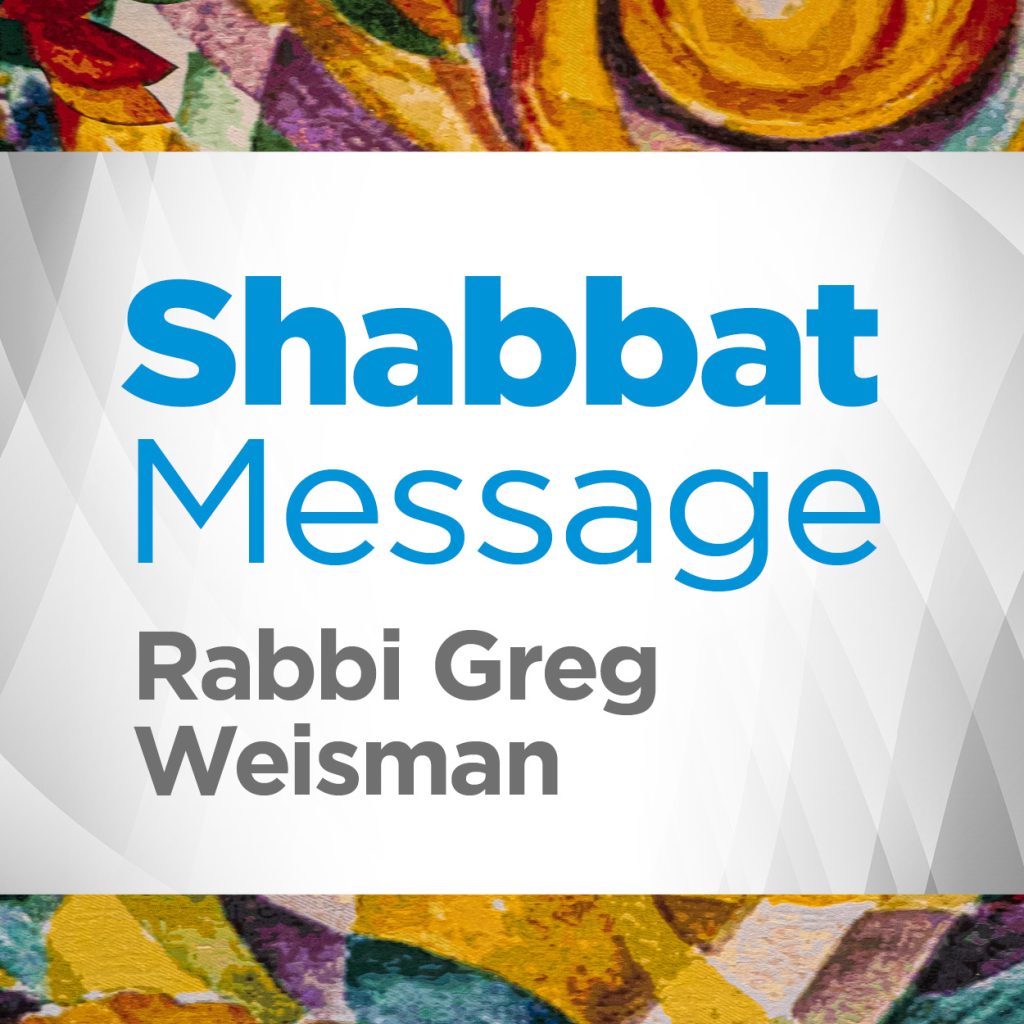“Uneasy lies the head that wears a crown.”
So said Henry IV in Shakespeare’s telling of his life. To be sovereign, or CEO, or the head of any institution means that by default you are alone in a category of one. No peer, no equal, no one who really understands what you are going through. Despite all the power and riches that might come along with the responsibility, it also leaves the leader susceptible to another powerful force: loneliness.
The leader has no one to commiserate with. If leaders share their troubles or insecurities with those around them, they risk undermining their own authority or scaring those who rely upon them. With everyone relying on their personal success for the good of everyone, it can be emotionally challenging, all while at the same time distant.
The antidote to loneliness is, of course, community, friendship, engagement. Since March of 2020 many have been and still continue to be cut off from their communities, stricken not only by a pandemic of a respiratory virus, but a pandemic of loneliness and disconnection. To live that way for a few years can be terrible for one’s well-being; to live an entire life that way can be devastating and corrupt one’s moral compass.
It must have been that way for Pharaoh, King of Egypt, who spent his entire existence believing and acting like he was apart from, different from, better than, and above everyone else in the world. No one could relate to him in the fullness of his self, and no one was privy to understand who he was. Perhaps a sibling could be close, but the spare to the heir had not nearly the same pressures.
No wonder Pharaoh’s heart was hardened; he never had the chance to use it.
As our portion begins, God said to Moses, “Go to Pharaoh. For I have hardened his heart and the hearts of his courtiers, in order that I may display these My signs among them.”
Growing up I was always taught that God told Moses to ask Pharaoh for freedom, that Pharaoh refused, and then God would perform another plague to try to convince Pharaoh. But reading the text more closely, we realize that God was, in some ways, playing both sides against each other. It would have been one thing for Pharaoh to resist, hardening his heart to the pleas of the enslaved Israelites, and turning his back on the man with whom he had been raised. But it is something entirely different to suggest that God hardened Pharaoh’s heart, seemingly to prolong our people’s suffering, perhaps unnecessarily. How could this be?
The simple answer is that God had both a short term and a long-term objective. Short-term, God wanted to secure the Israelite’s freedom from Egypt, which is why the signs and portents needed to convince Pharaoh of God’s sovereignty over all. But long-term, God needed the Israelites to accept God’s ultimate authority. By hardening Pharaoh’s heart, God created more opportunity to demonstrate the Divine Abilities, deepening the Israelite’s appreciation for them.
And even that wasn’t enough, since later episodes, like the Golden Calf and the Twelve Spies, prove how difficult it was to convince the Israelites of God’s commitment to them, anachronistically proving why God needed to harden Pharaoh’s heart.
But despite the Israelites’ potential to forget all that God had done for them, Pharaoh was not blameless either. Both the Pharoah of Moses’ generation and those who came before and came after, chose to continue a chain of inherited kingship, rather than open themselves up to true connection to the people. Pharaohs chose to enslave the Israelites, to continue the enslavement, and to ignore their pleas for freedom.
For a man isolated, alone at the top, a position he sought to maintain, perhaps he was unable to truly understand their plight. Perhaps his being alone at the top, and the loneliness that accompanied it, was his Achilles’ heel. Let that teach us how important it is to build and maintain relationships, not to isolate ourselves. Let us learn that even when the events of the world conspire to separate us, it behooves us to push through toward connection and camaraderie.
Tonight, as Rabbi Dan Levin offers a sermon on the pandemic of loneliness, may we be inspired to learn from these past years and seek connection and peace in all we do.
Shabbat Shalom,

Rabbi Greg Weisman
Join us for tonight’s Shabbat service at Temple Beth El’s Schaefer Family Campus or online on Virtual Beth El.








